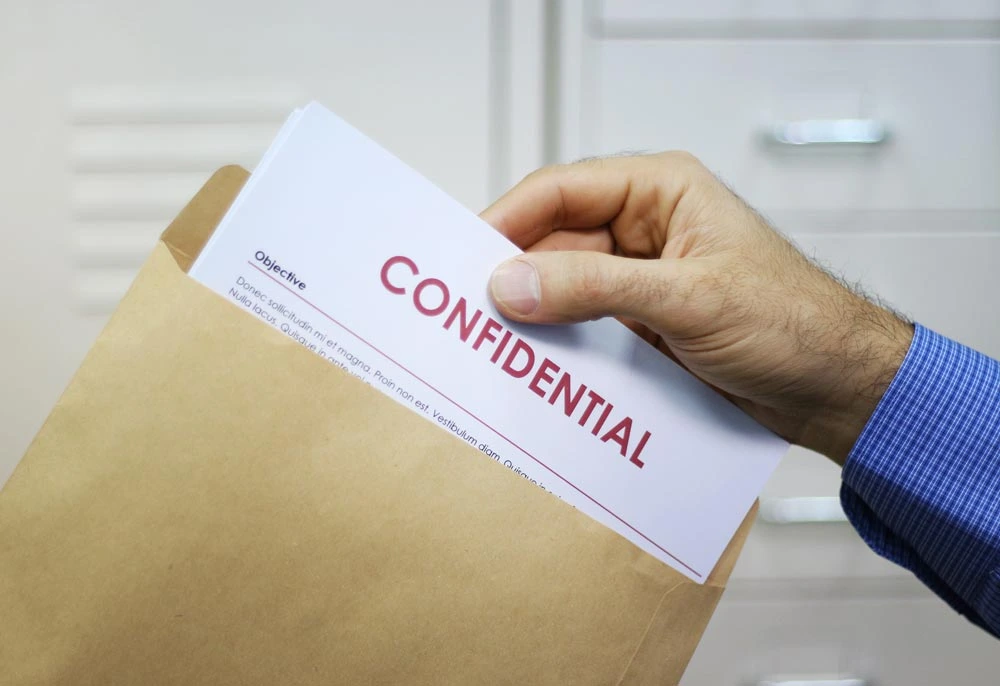Understanding Expungement in Texas
A criminal record can have lasting effects on your life—affecting your ability to find a job, secure housing, or even volunteer in your community. The good news is that Texas law provides certain opportunities to erase or seal criminal records under specific conditions.
This process, known as expungement, can give you a clean slate and a fresh start. However, it’s not automatic, and eligibility depends on the nature and outcome of your case.
At the Law Offices of Bill J. Stovall, we’ve helped countless clients understand their rights and pursue record-clearing options. Here’s what you need to know about expungement in Texas and how it can change your future.
What Is Expungement?
Expungement—also called expunction in Texas—is a legal process that permanently removes certain arrests, charges, or convictions from your record. Once expunged, the law treats the incident as if it never happened.
That means:
- Your record will not appear in background checks.
- You can legally state that you have never been arrested or charged.
- The court and law enforcement agencies must destroy related files and documents.
It’s a powerful form of relief—but only available under specific circumstances.
Who Qualifies for Expungement in Texas?
Texas law allows expungement in limited situations. You may be eligible if:
1. You Were Arrested but Not Charged
If charges were never filed, or if a grand jury issued a “no bill,” you may qualify.
2. Your Case Was Dismissed
If charges were dropped or dismissed without a conviction, expungement may be available.
3. You Were Found Not Guilty (Acquitted)
A full acquittal after trial generally qualifies for expunction.
4. You Received a Pardon
If the Governor of Texas or the President of the United States grants a pardon, your record can be expunged.
Important: Convictions typically cannot be expunged—except in very narrow situations.
Alternatives to Expungement: Nondisclosure Orders
If you don’t qualify for expungement, you may still be able to protect your privacy through a petition for nondisclosure.
A nondisclosure order:
- Does not destroy your criminal record
- Seals it from public access
- Prevents most employers and private entities from viewing it
- Can still be accessed by government and law enforcement
Nondisclosure may apply if you successfully completed deferred adjudication and met all court requirements.
Your attorney can help determine whether expungement or nondisclosure is the best option for your situation.
The Expungement Process in Texas
Here’s a simplified breakdown of how expungement works:
1. Determine Eligibility
A criminal defense attorney reviews your record to confirm if you qualify.
2. File a Petition for Expunction
Your lawyer files the petition in the appropriate district court.
3. Notify Relevant Agencies
The court sends notice to law enforcement and other entities holding your records.
4. Court Hearing
A judge reviews the petition and hears any objections from the state.
5. Order of Expunction
If approved, the court orders all agencies to delete or destroy the records.
Because this process involves multiple steps and strict timelines, experienced legal representation significantly increases your chances of success.
Why Expungement Matters
Even a minor arrest can have long-term consequences. Employers, landlords, and educational institutions often run background checks that reveal criminal records—even when there was no conviction.
Clearing your record can help you:
- Rebuild your reputation
- Improve employment opportunities
- Qualify for professional licenses
- Restore privacy and peace of mind
The Law Offices of Bill J. Stovall handles all types of criminal defense cases—including assault, drug crimes, DWI, sex crimes, misdemeanors, and felonies—and understands how each can affect your record.
How Long Does Expungement Take in Texas?
Timelines vary based on the case and court availability. On average, the process can take a few months to a year.
General waiting periods before filing include:
- Misdemeanors: 180 days to 2 years after arrest
- Felonies: Often 3 years after arrest, depending on the outcome
Your attorney can help you determine the correct waiting period for your situation.
Why Choose the Law Offices of Bill J. Stovall
With decades of experience defending Texans in criminal and personal injury cases, our firm is built on:
- A commitment to justice
- Clear communication
- Strong legal strategy
- Personalized guidance
We take the time to understand your situation, explain your options, and fight to protect your future.
Whether you’re seeking expungement, facing criminal charges, or recovering from an accident, we’re here to help every step of the way.
Take the First Step Toward a Clean Slate
You deserve the chance to move forward without the burden of a criminal record. The expungement process can be complex, but skilled legal guidance can make all the difference.
Contact the Law Offices of Bill J. Stovall today to schedule a confidential consultation and find out whether you qualify for expungement in Texas.

